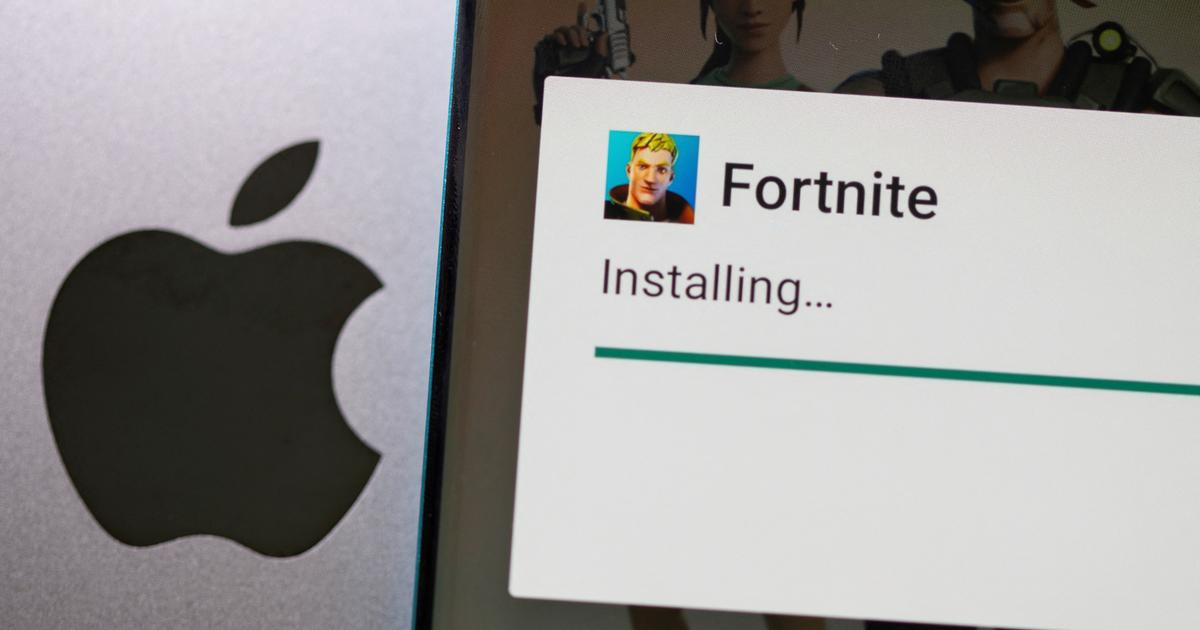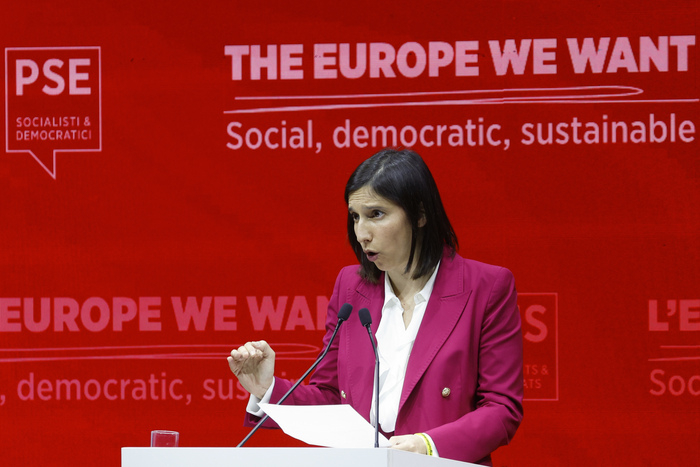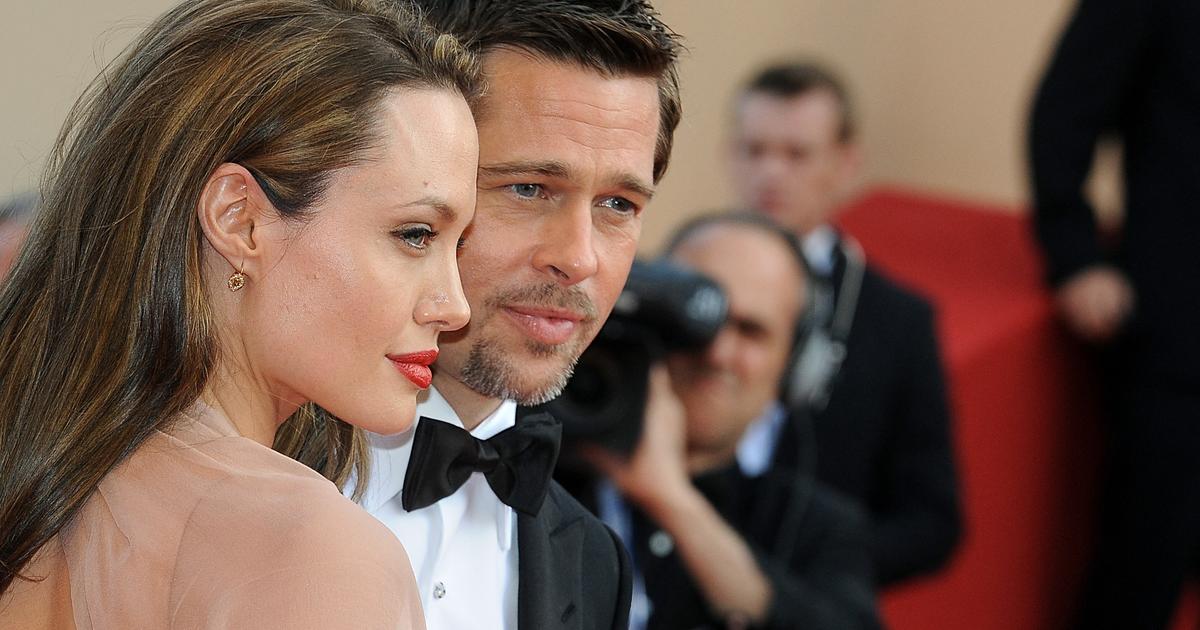Carles Puigdemont, accompanied by lawyer Gonzalo Boyé, at a press conference in Berlin in February 2019. Associated Press
The Catalan pro-independence
process
has already covered most of its trajectory —although not all— in the Spanish courts, and now the legal issue is beginning to be settled in the European courts.
The so-called disconnection laws of September 6 and 7, 2017, the illegal self-determination referendum of October 1, and the failed declaration of independence of October 27 of that year greatly strained Spanish politics.
For the first time in a democracy, the central government resorted to the intervention of Catalan autonomy through article 155 of the Constitution;
and the judicial machinery, which had started its slow but unstoppable rhythm, accelerated.
The nine secessionist leaders sentenced by the Supreme Court in 2019 to between nine and 13 years in prison - for sedition and in some cases also embezzlement - were pardoned by the Government in June 2021, after spending between 39 and 48 months in prison .
They appealed their sentence before the Constitutional Court, which rejected the appeals, and now they have raised the case to European instances.
Former
President
Carles Puigdemont and his advisers who fled to Belgium remain at large and have been fighting their legal battle in Europe from the beginning.
The great judicial case of the
procés,
the trial in the Criminal Chamber of the Supreme Court, ended in October 2019 with a sentence of more than 500 pages that in its general lines has been ratified by the Constitutional Court.
The decision of the court presided over by Manuel Marchena has received, however, reproaches from the court of guarantees, in the form of private votes, especially for the harshness of the penalties and for the decision of the Supreme Court not to paralyze the trial after having consulted the Court of Justice of the European Union on the immunity of Oriol Junqueras after this MEP was elected.
The fight in Strasbourg.
The pro-independence leaders, after the internal setbacks of a judiciary and a Constitutional power that they have showered with signs of contempt, trust that the European courts will finally endorse their theses.
The favorable particular votes harvested in the Constitutional will feed the arguments of their resources before the European Court of Human Rights (ECHR).
The court based in Strasbourg (France) must decide, in essence, if the secessionist leaders have had the right to a trial with all the guarantees, and, above all, if the judicial response was so disproportionately harsh that it leads citizens to relinquish their political rights, such as the right to assembly and demonstration.
To date, the ECHR has had the opportunity to rule on at least three cases arising from the
procés
.
And he has done it against independence interests.
In 2018, he rejected the appeal of a member of the so-called Sindicatura de Cuentas, the body called to exercise the functions of an electoral board in the illegal 1-O referendum, against the Constitutional warning that he was facing a fine.
In 2019, Strasbourg endorsed as an "imperative social need" the decision of the Constitutional Court to suspend the plenary session of Parliament on October 9, 2017 in which Puigdemont intended to declare independence.
And in July the court rejected an appeal by the former Comptroller General of the Generalitat Mireia Vidal against the embargoes of the Court of Auditors.
Puigdemont's immunity and the fugitives.
Another great European judicial front is waged in the Court of Justice of the European Union, based in Luxembourg, and has two axes.
The first has to do with the struggle of Puigdemont and former ministers Toni Comín and Clara
Ponsatí
to preserve their immunity as MEPs, which was withdrawn from them by the European Parliament.
The second, perhaps of greater significance, began to be studied on April 6 and refers to the preliminary ruling sent by the Supreme Court magistrate Pablo Llarena on how the judicial authorities of Belgium should interpret, in accordance with community law, the orders European arrest and surrender authorities.
Belgian judges have so far refused to hand over the escaped pro-independence leaders.
The judicial embers in Spain.
The Spanish courts still have open investigations derived from the
procés
, mainly for disobedience and public disorder.
In addition, in April 2021, the Barcelona Court confirmed the prosecution, for crimes of embezzlement, disobedience, false documentation and prevarication, of 29 businessmen and government officials accused of participating in the organization and logistics of 1-O, from the referendum propaganda to the recruitment of volunteers and international observers or the printing and distribution of electoral material.
One of the most relevant pieces that remain to be investigated is the Volhov operation, which was initiated by a Barcelona judge and which is now being carried out in the National Court.
In this case, against the criteria of the Prosecutor's Office, the relationship of some members of the so-called General Staff of the
procés
is investigated , such as the former ERC minister Xavier Vendrell, the former CDC leader David Madí, the communication businessman Oriol Soler and Josep Lluís Alay, director of the Puigdemont office, with Tsunami Democràtic, the massive attempt at civil disobedience against the
procés
sentence in 2019. All of this, in any case, will probably end up adding to the portfolio of issues related to Catalan independence that end up in court European.
Exclusive content for subscribers
read without limits
subscribe
I'm already a subscriber









